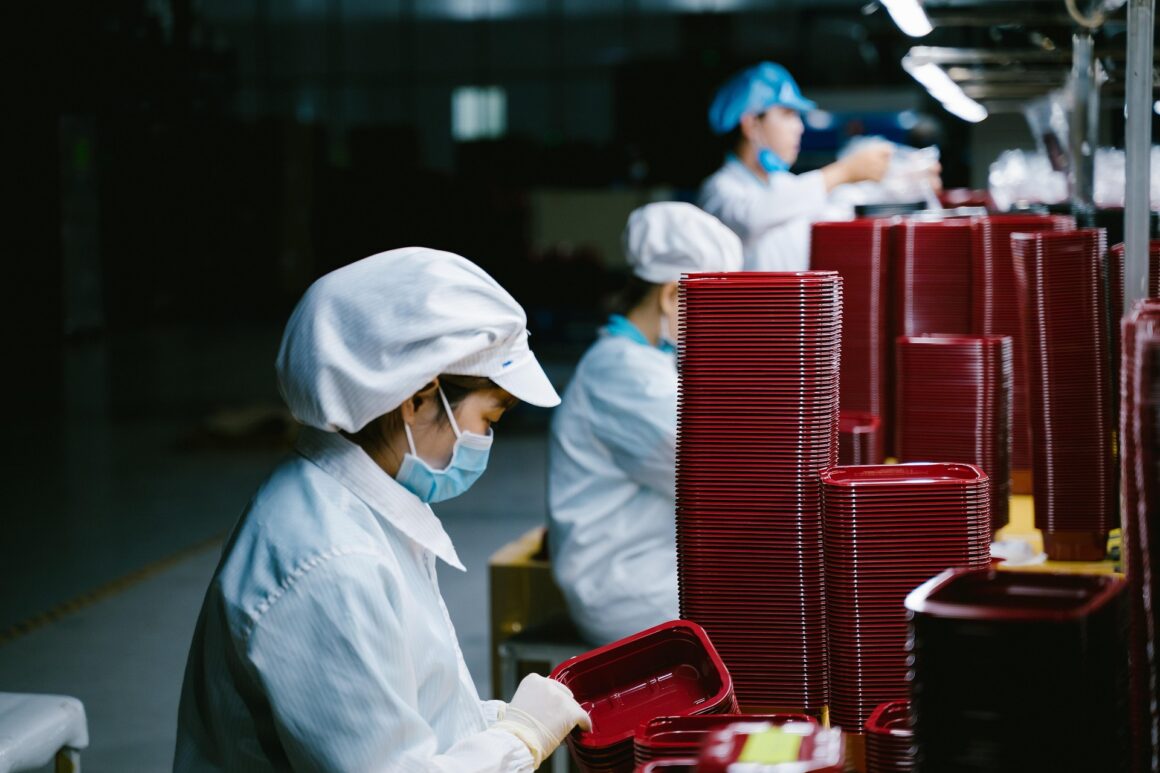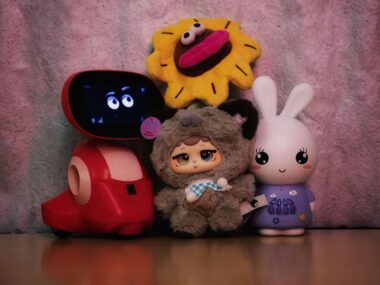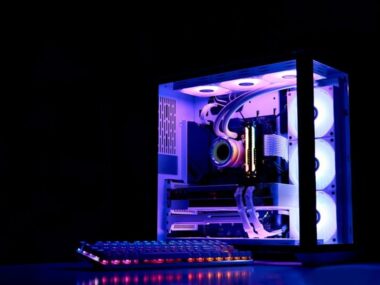The End of Work, or Just a New Beginning?
I admit, I clicked on the article because of the headline: “The End of Work As We Know It.” Gizmodo’s deep dive explores how artificial intelligence is transforming our economy. Not just in terms of what work looks like, but in what it means. The article pulls together the perspectives of executives, gig workers, consultants, and labor advocates. While some see opportunity, others see displacement, exploitation, and a loss of dignity.
That duality stuck with me. When I think about AI, I don’t imagine a dystopian robot takeover. I think of Star Trek. I grew up watching a future where humans and AI coexisted. The ship had tech that could do almost anything, sure but people still had roles. Everyone had skills. Everyone had a purpose. The AI wasn’t there to replace people. It was there to support them.
We could choose that path. Right now, it’s not the one we’re on.
Replacing People in the Name of Efficiency
According to the article, some companies are already laying off workers thanks to AI. Not as a warning about what could happen, but as proof of what is. Dr. Elijah Clark, an AI consultant, explained how he replaced most of his student sales team because AI could do their work faster. What used to take a week now takes less than an hour.
This isn’t an isolated case. One executive cited in the article expects that by the end of 2025, one in five Fortune 500 companies will have fewer employees than they did a decade ago. The trend has already begun: companies are looking at AI not just as a tool, but as a way to permanently cut labor costs.
From their perspective, AI doesn’t strike. It doesn’t demand raises. It doesn’t ask for health care. To the bottom line, AI looks perfect. To workers? It’s a looming threat.
When “Invisible Jobs” Keep the AI Running
That threat isn’t theoretical. It’s already harming people. Gig workers like Krystal Kauffman are the invisible labor behind AI. They do the grunt work of labeling data, moderating content, and training systems, often for pennies. Their work is critical, but it’s hidden and undervalued. It’s also emotionally taxing. Imagine scrolling through graphic, disturbing content every day just so an algorithm can learn what to block.
Then there’s the unpaid labor we all do. Every time you shop online, use social media, or click an ad, you’re training AI; feeding it data without ever being asked or compensated. As Adrienne Williams, a former Amazon worker turned research fellow, put it: we’re entering a new era of forced labor. Not in the historical sense, but in the way our actions are mined for value without consent.
If you’re in a low-wage job? The reality is even worse. The article shares stories of pregnant workers in warehouses being denied accommodations, and children in schools where AI surveillance makes learning feel like punishment.
Not All Jobs Should Be Replaced
Not every job can, or should, be replaced. Ai-jen Poo, president of the National Domestic Workers Alliance, makes a critical point: care work is inherently human. Caring for children, supporting the elderly, helping people with disabilities… these are not tasks for machines. They are relationship-based, emotional, deeply human forms of labor.
Instead of asking how AI can replace those roles, we should be asking how AI can support the people doing them. Can we use AI to make those jobs easier? Safer? Better paid? If we’re going to use technology to change work, then let’s actually improve people’s lives.
What If We Changed the Question?
The real question isn’t whether AI will change work. It already has. The question is: what do we want work to mean in a world with AI?
Right now, a lot of our systems are stuck. We have students graduating with degrees that might not be useful in an AI-powered world. Schools can’t adapt fast enough to keep up with how fast things are changing. People can keep up if they want to. If they’re passionate. If they have access.
That’s the problem. Not everyone does. Not everyone is taught how to use a computer, let alone program one. Yet, the jobs of the future will require skills. Either from schools or self-teaching. Either way, the gap between the prepared and the unprepared will only grow wider unless we do something about it.
We have to rethink education. We have to rethink how we define a “good job.” And we have to rethink what society values. Not just in terms of profit and efficiency, but in terms of dignity and human potential.
This Doesn’t Have to Be a Tragedy
It’s frustrating, seeing what’s coming and feeling like no one’s doing anything about it. I refuse to believe that the future has to be doom and gloom. AI doesn’t have to be a threat. It can be a tool, a powerful one, if we choose to use it with people instead of against them.
We’re at a fork in the road. One path leads to fewer jobs, more surveillance, and invisible exploitation. The other leads to smarter education, more meaningful careers, and AI that supports rather than replaces.
The tech is already here. The question is: what kind of future do we want to build with it?
AI is not the end of work. It’s the beginning of a choice. We can let it deepen inequality, or we can use it to build a fairer, more human world. The future isn’t automated. It’s decided.






